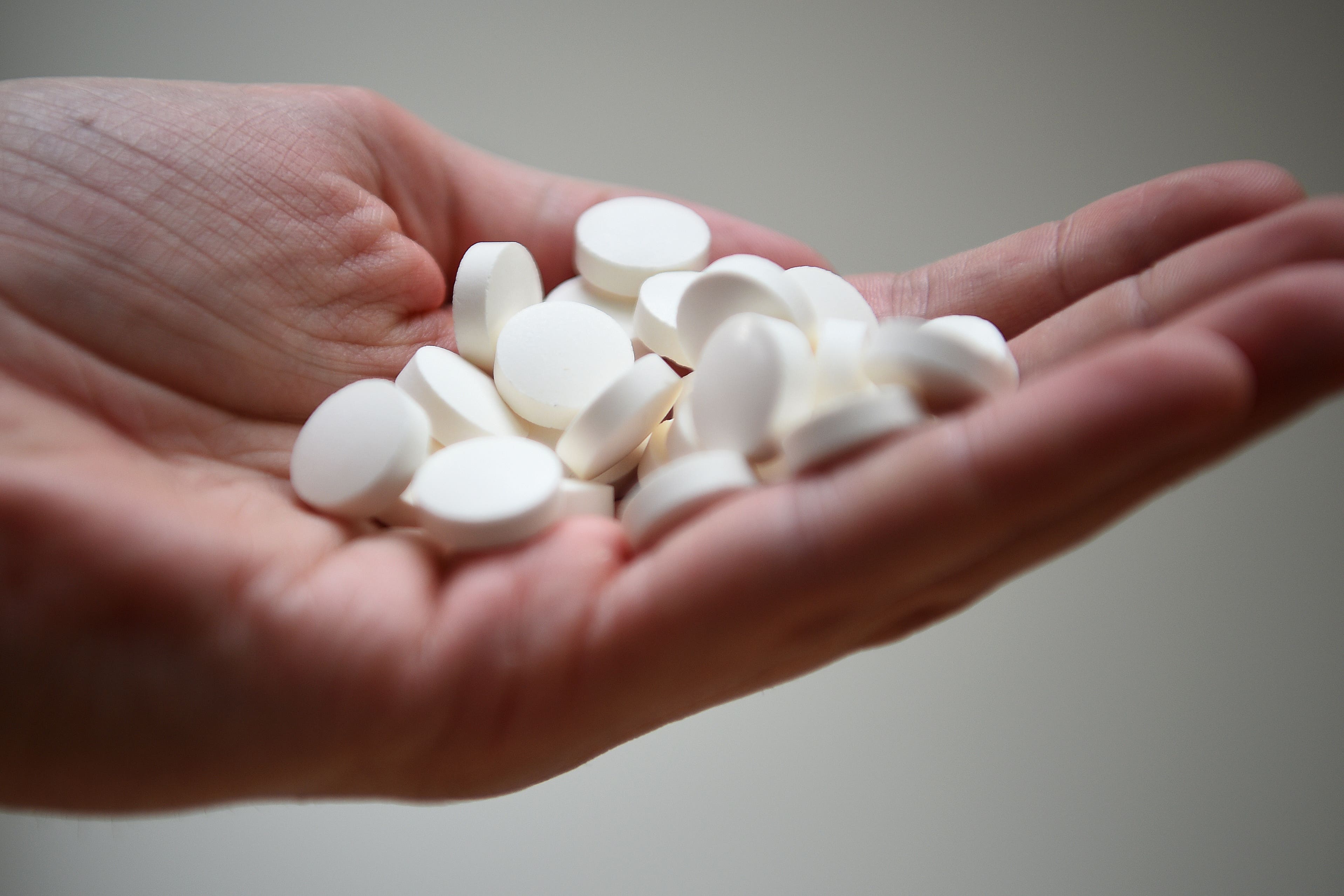People urged to treat antibiotics with respect as resistance rises post-pandemic
The number of patients with an antibiotic-resistance infection rose by 4% in 2022.

Your support helps us to tell the story
From reproductive rights to climate change to Big Tech, The Independent is on the ground when the story is developing. Whether it's investigating the financials of Elon Musk's pro-Trump PAC or producing our latest documentary, 'The A Word', which shines a light on the American women fighting for reproductive rights, we know how important it is to parse out the facts from the messaging.
At such a critical moment in US history, we need reporters on the ground. Your donation allows us to keep sending journalists to speak to both sides of the story.
The Independent is trusted by Americans across the entire political spectrum. And unlike many other quality news outlets, we choose not to lock Americans out of our reporting and analysis with paywalls. We believe quality journalism should be available to everyone, paid for by those who can afford it.
Your support makes all the difference.The number of people dying of infections resistant to antibiotics increased last year, with experts warning of “concerning rises” in drugs that are used to tackle the likes of sepsis not working.
The chief executive of the UK Health Security Agency (UKHSA), Dame Jenny Harries, urged people in England to “treat antibiotics with respect” to ensure they are effective in the future.
According to the UKHSA, 58,224 people in England had an antibiotic-resistant infection in 2022, up 4% on 2021.
Some 2,202 people died as a result, up from 2,110 in the previous 12 months.
Data released by the organisation showed the use of antibiotics in England declined from 2014 to 2020, with a steep drop in 2020.
However this trend has reversed, with an 8.4% hike in prescriptions last year.
Dr Colin Brown, deputy director for antimicrobial resistance (AMR) at UKHSA, told a briefing that while the burden of antibiotic-resistant infections has gone down since 2018, the decline was driven by the Covid-19 pandemic and the changes it sparked in people seeking healthcare and spreading infection.
He added: “Unfortunately, we have once again seen a rise in antibiotic-resistant infections in 2022 compared to what we’ve seen previously.
“We’ve not yet made a dent in the proportion of infections that are resistant – that remains quite resolute, about one in five bloodstream infections – and we are seeing concerning rises in resistance linked to some antibiotics that are used to tackle bloodstream infection and sepsis.”
The chance of dying due to an antibiotic resistant infection in 30 days increased from 19% to 20% in 2022, compared with drug-susceptible strains, which had a rate of 16%.
People over the age of 64 had the highest rate of bloodstream infections caused by resistant pathogens, followed by babies under one.
UKHSA data also showed those in the lowest socioeconomic groups were more likely to have an antibiotic-resistant infection compared with those in wealthier groups, while Asian and British Asian people were more likely to be affected.
Dr Brown said: “We are currently working to understand the factors behind this and what we can do to tackle any trends that we’ve identified.”
Treat antibiotics with respect and they will be there to help us all in the future
Dame Jenny added: “Antimicrobial resistance is not a crisis of the future, but one that is very much with us right now.
“We expect that if we get a bacterial infection, an antibiotic will be available to treat us but, sometimes, already, that is simply impossible.
“Unless action is taken, the availability of life-saving treatments will only diminish and our ability to drive down infections will decrease, most likely impacting those in the poorest social circumstances worst.”
Dame Jenny urged people to reduce the spread of infections by avoiding vulnerable people if you feel ill, washing hands regularly and keeping rooms ventilated.
“This isn’t just about protecting your own health, it’s about helping everyone in our communities,” she added.
“Second, only take antibiotics if you have been told to do so by a healthcare professional. Do not save some for later or share them with friends and family.
“Antibiotics will not work for viruses such as cold, flu or Covid-19.
“Treat antibiotics with respect and they will be there to help us all in the future.”